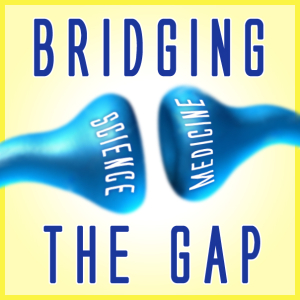Modern Day Slavery, On Your Local Street Corner
A few years ago when I was working at a charter school in upstate New York, one of my students was caught “prostituting herself” to men she was messaging online. When asked, she said she was doing so for a 30-year-old man she claimed was her boyfriend. Word about this traveled quickly at school. Students talked about her behind her back and called her a “hoe.”



